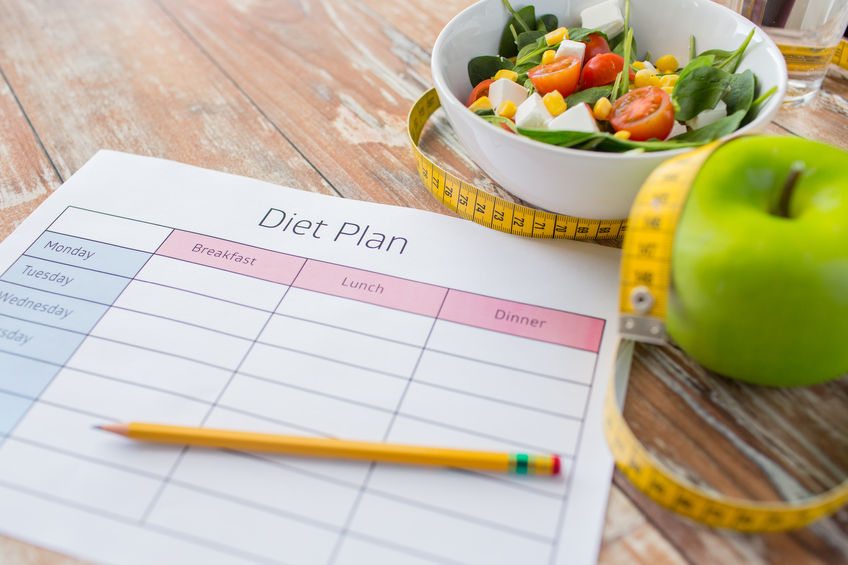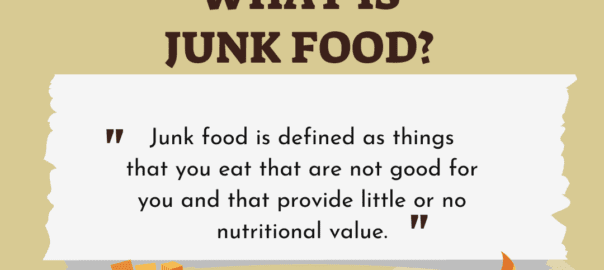There is no shortage of diet plans out there, but which one is right for you? If you want to lose weight and keep it off, you must develop — and stick to — a plan for healthy eating and regular physical activity.
Before you jump on the next diet bandwagon, take a moment to consider these five questions.
Does it include various foods from the major food groups?
Different foods contain different amounts of the essential vitamins and minerals you need to keep your body functioning properly. Any healthy diet plan should include a balance of foods from the basic food groups, including vegetables and legumes/beans; fruit; whole grains; lean meats; poultry and fish; and low- or reduced-fat dairy. Visit our Resource Center for nutritional tips.
Does it include foods you like and that you would enjoy eating forever — not just for several weeks or months?
Losing weight and keeping it off is about making lifestyle changes. Keeping up with a diet plan in the short term may help you lose weight initially, but if you want to maintain your weight loss, the changes you make in your eating habits must be sustainable for a lifetime. Find a diet plan you know you can stick with for the foreseeable future.
Can you easily find these foods in your local grocery store?
It’s all about access. How easily can you find the foods a specific diet plan is calling for? If they aren’t readily available in your local grocery store, it will be difficult to stick with the diet in the short term and even more challenging to make it part of your new, healthier lifestyle. An effective diet plan shouldn’t require exotic or expensive foods but should consist of healthy, fresh whole foods you can easily find at any local market or grocery store.
Does it fit your lifestyle and budget?
The weight loss program should consider your food likes and dislikes, as well as your lifestyle and budget. Will you be able to eat foods you enjoy? How will the diet program affect your pocketbook? You may be able to swing the cost of expensive diet foods and supplements for a few months, but if it isn’t in line with your existing budget for food and groceries, you need to find a diet program that works within your financial constraints.
Is regular physical activity part of the plan?
What you eat is only part of the weight loss equation. Any healthy, sustainable diet program should incorporate regular physical activity into the plan. If you find a diet plan that interests you, but does not include an exercise regimen, work with a certified professional trainer to craft a workout plan that suits your weight loss goals, health needs and lifestyle.
Most diet programs are not one size fits all. Rather than participating in the next diet fad, the better option may be to design your own plan with the help of your physician and dietitian. The health care providers who know your individual needs and weight loss goals can help tailor an eating plan that fits your lifestyle and your budget.






